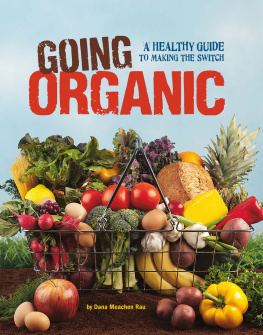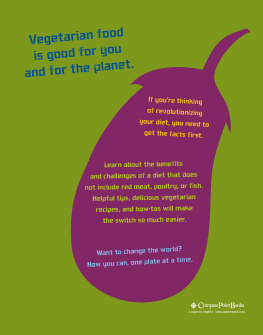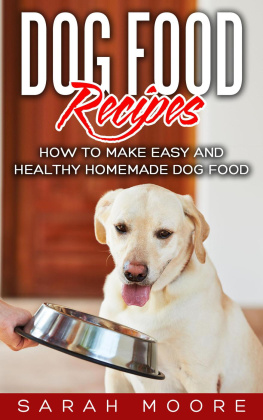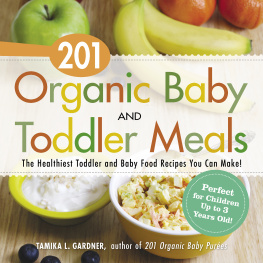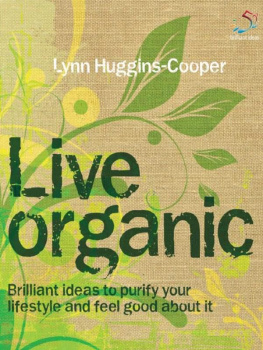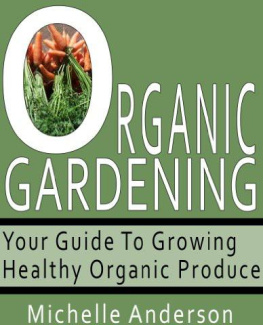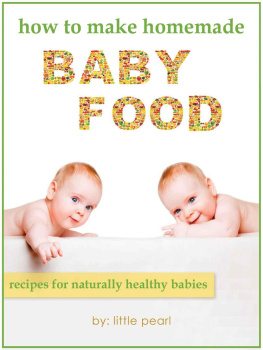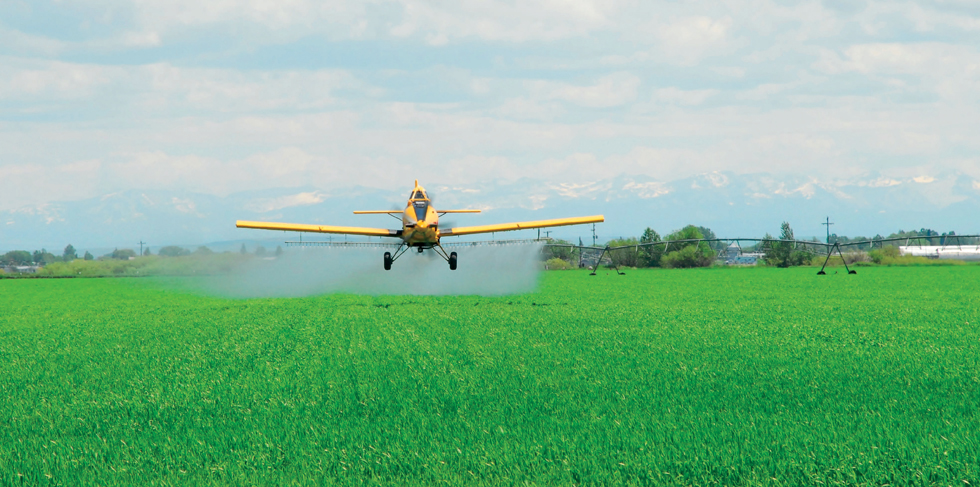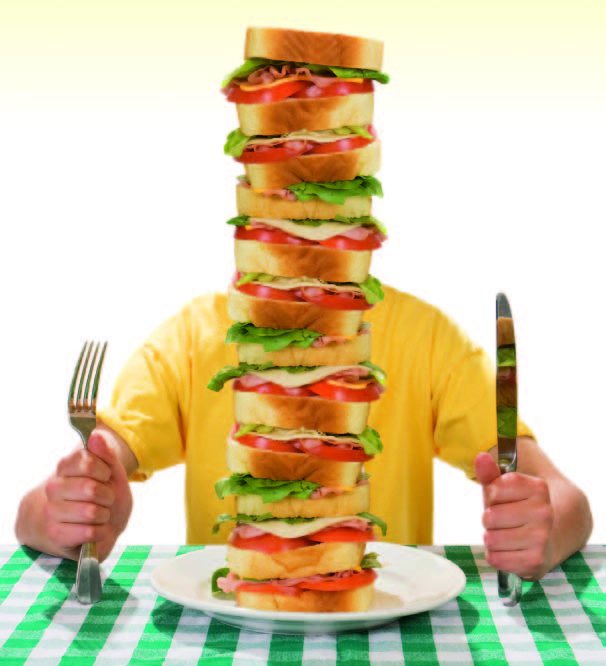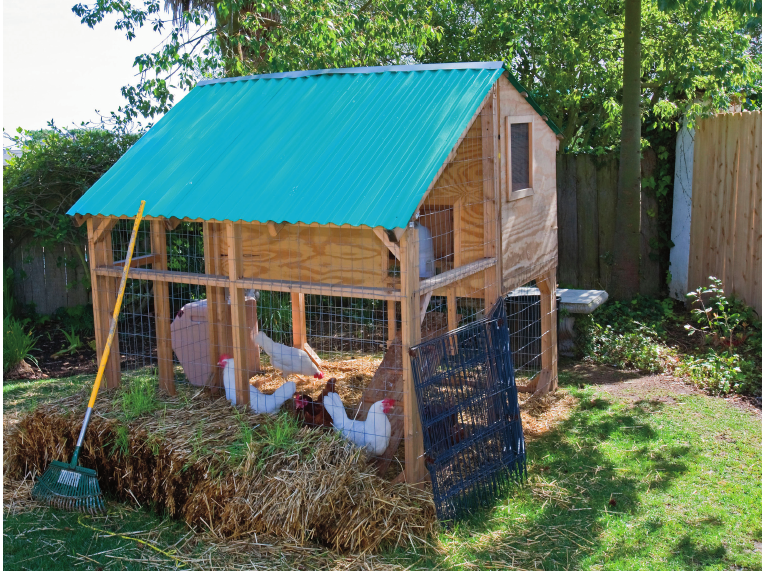Use FactHound to find Internet sites related to this book. All of the sites on FactHound have been researched by our staff.
CHAPTER ONE
POWER OF
YOUR PLATE
WOULD YOU LIKE CEREAL OR EGGS FOR BREAKFAST?
How about soup or a sandwich for lunch? Dinner could be pasta with sauce or beanswith rice. Our fridges and cabinets are stocked with a world of food choices.
Have you ever really thought about where all that food comes from? You might sayfrom a store. But food starts in ranches and farm fields. Some foods are even createdin laboratories.
The Environmental Protection Agency estimates that 10,000 to 20,000 physician-diagnosedpesticide poisonings occur each year among the approximately 3.38 million agriculturalworkers in the United States.
Even the most carefully applied pesticides can be dangerous.
The world population is 7 billion. The United States alone is home to about 300 millionof those people. Feeding everyone isnt easy. The food industry is a massive collectionof farmers, ranchers, and manufacturers. Food often passes through many hands andmachines before it makes its way to your grocery store and then to your plate.
Health-conscious people are concerned that some of our food has lost its naturalqualities through this process. Plants and animals are sometimes given artificialsubstances to help them grow. Crops are sprayed with pesticides to keep away insectsand weeds. Foods are enhanced with additives, fillers, and dyes.
So whats the problem? The chemicals used in the process of growing, raising, andprocessing foods make their way into our land, water, and air. And they make theirway into you when you eat them. A growing number of farms, companies, and peoplelike you have chosen to go organic.
You have the power to make a healthier world with every bite.
Americans Eat a Lot!
In one year, the average American ate:
DAIRY PRODUCTS
600.5 pounds
VEGETABLES
392.7 pounds
FRUIT
250.9 pounds
FLOUR & CEREAL PRODUCTS
196.5 pounds
RED MEAT
108.3 pounds
POULTRY
72.6 pounds
FISH AND SHELLFISH
16.0 pounds
EGGS
247 eggs
NURTURE NATURE
Luke has a lot going on. He fills his days with high school, homework, cross-countrypractice, a part-time job, and keeping up with friends. He also tends to his chickens.
In the mornings Luke lets the chickens out of the coop. The chickens forage in thebackyard while Luke changes their water and collects the fresh eggs. At night hesecures the chickens in their coop again. Once a week he gives them fresh pelletsto eat. Every two weeks he cleans and stocks the coop with fresh hay.
Thanks to the chickens, Lukes family enjoys a lot of fresh eggs. Sometimes theyeven have enough to sell to friends and neighbors.
Organic foods, like Lukes backyard eggs, are grown and processed in a more naturalway to help conserve the health of land, animals, and crops. Like Luke, many kidsand teens are playing an active part in controlling where their food comes from.Are you thinking of going organic too?
Backyard gardens and chicken coops are just one way you can take your food into yourown hands. You may not have the space, time, or best location to grow or raise yourown food. But you can do your best to seek out organic food where you live.
You Have It Easy!
Access to a variety of foods wasnt always so easy. Native Americans and early settlershunted, gathered, and grew their own food. Farmers withstood backbreaking labor,insects, drought, and long, lean winters.
Innovations throughout history made food-makinga whole lot easier. Better equipment and farming methods cut down on work. Refrigerationkept food fresh. Transportation brought regional foods to more people. Grocery storesoffered packed shelves. Restaurants shared international flavors.
Thanks to thesesteps in the food industry, we have many choices today.
Backyard chicken coops let you collect organic eggs at home.
Next time youre in a grocery store, you may see bunches of organic lettuce nextto the regular lettuce. In the dairy aisle, organic yogurt and regular yogurt maysit side by side. Your store may even have a whole aisle devoted to organic packagedfoods. As you drive around town, you might notice farm stands and markets brimmingbaskets of corn or peppers. You may even see signs for the grand opening of an all-organicgrocery store.
According to NOP regulations, organic means:
CROPS
- are not grown with synthetic pesticides
- are not grown with synthetic or sewage sludge-based fertilizers

